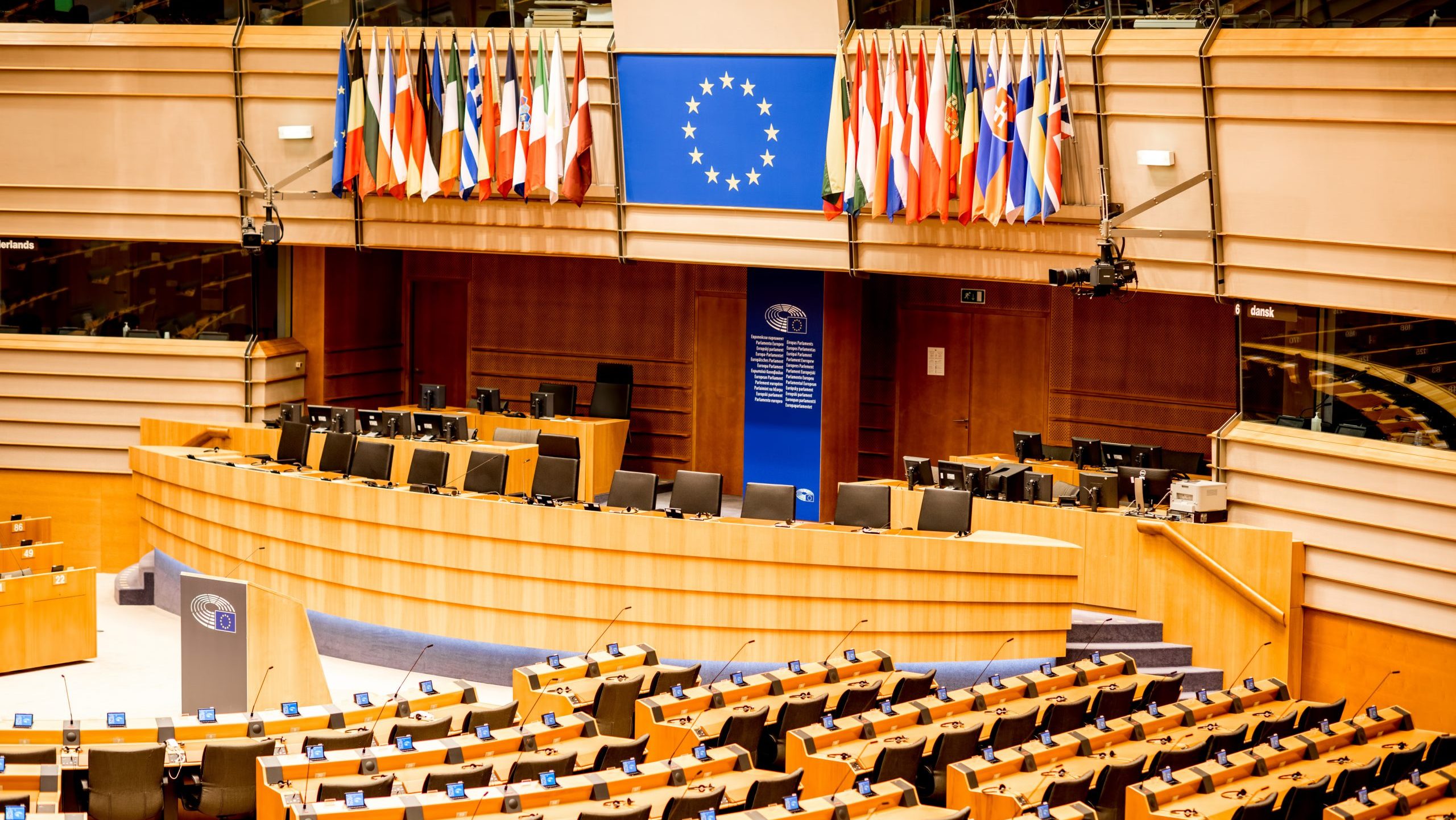April 11, 2025
This week, the European Parliament debated and adopted a key resolution to boost the competitiveness and sustainability of energy-intensive industries (EIIs) in the EU: 2025/2536(RSP).
The approved text sets out a strategic framework to accelerate the sector’s decarbonization, ensure a just transition, and strengthen the role of these industries in the European economy. While not legally binding, its adoption sends a clear political signal regarding the direction of European energy policies, aligned with climate goals and the EU’s strategic autonomy.
Three key issues directly related to energy management in industry:
- Electrification as a cornerstone of decarbonization
The resolution highlights electrification as a central pillar for reducing emissions in sectors such as steel, cement, plastics, mining, and fertilizers. This entails a gradual substitution of fossil fuels in industrial processes with high thermal demands or specific chemical reactions. - Investment in electric grids and storage
The text stresses the urgency of investing in critical infrastructure, such as distribution networks, cross-border interconnections, and energy storage systems. These efforts aim to eliminate grid bottlenecks, ensure a stable energy supply, and reduce operating costs for EIIs — ensuring their competitiveness against external markets. - Transitional management of natural gas in critical sectors
While the resolution calls for the long-term phase-out of natural gas, it acknowledges that some sectors will remain dependent on this fuel in the short and medium term. To mitigate price volatility, proposed tools include joint gas purchasing at the European level — a measure already analyzed in March 2023 by Nuria Rabanal, strategy expert at Foro Industria y Energía.
Implications for the sector
This resolution strengthens the path toward a fair and technologically feasible energy transition for EIIs. At Foro Industria y Energía, we will continue monitoring how guidelines like this one translate into concrete policies and opportunities for the industrial sector.

